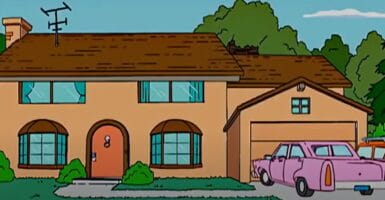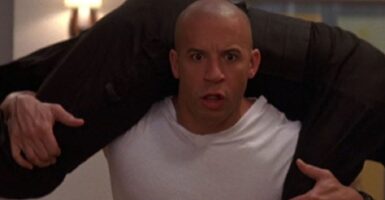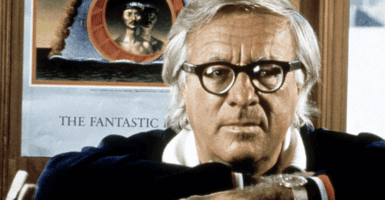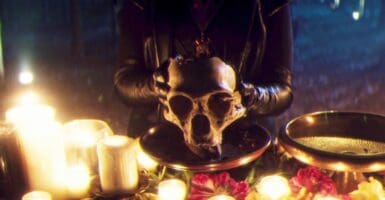5 Classic Movies That Would Be Terrible If They Were Made Today
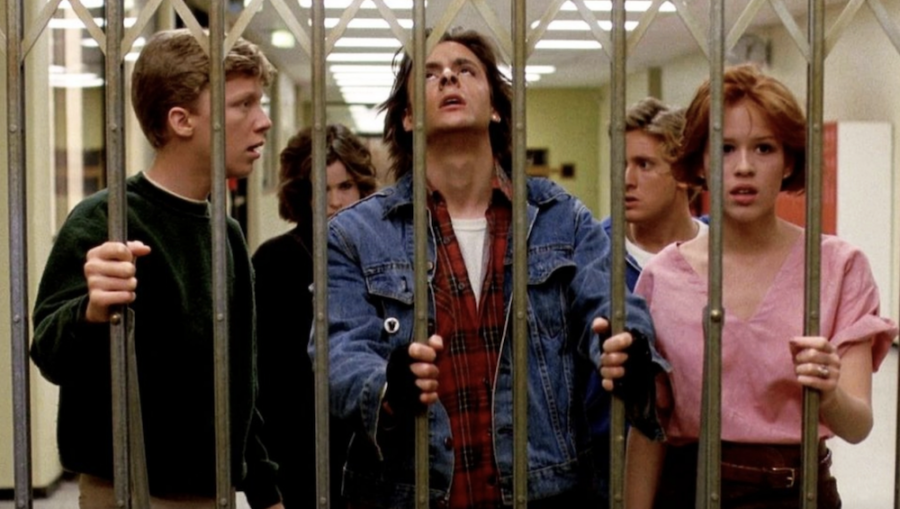
To many, it seems like Hollywood is running out of ideas. We see remakes here, re-imaginings there, and live-action retreads of classic animated films, and for the most part, they pale in comparison to the originals. A classic movie remake is a tough pill for many to swallow and to prove that point, we have chosen 5 classic movies that if they were made today, would have to have a whole lot of script changes to be successful.
The term “classic” in classic movies is used for that very purpose. It is a definitive piece of moviemaking. Typically considered one of the best in its selected genre. The 5 films we are going to talk about were classics in that sense and even today they translate well. But if they went in front of cameras today, the result we’d get would not be the classics of yesteryear.
Here are 5 films that most likely would not survive the classic movie remake. They were brilliant for their time and truly have no business being remade.
5 Classic Movies That Would Be Terrible Remakes
Gone with the Wind (1939)
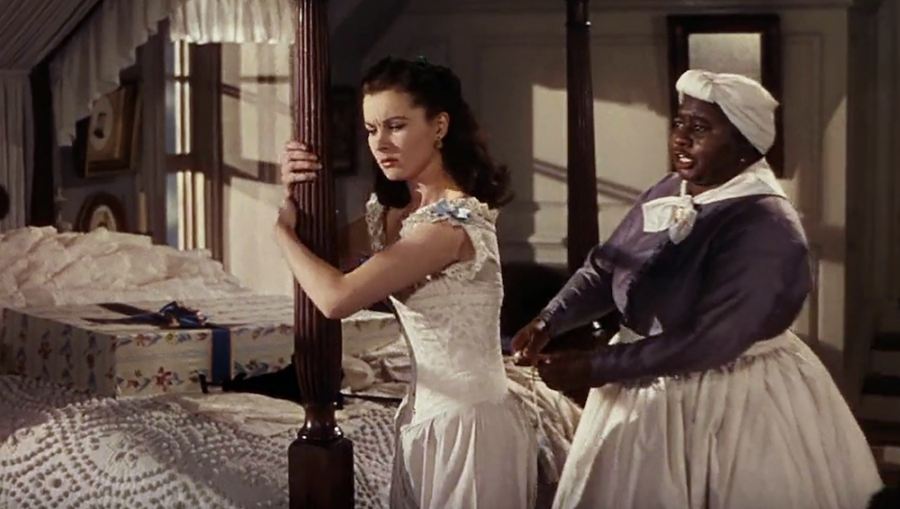
According to the American Film Institute, Gone with the Wind is the sixth-greatest movie of all time. Made in 1939, it is set in the South during the American Civil War. The film stars screen legends Clark Gable, Vivian Leigh, Olivia de Haviland, and Leslie Howard and follows Leigh’s Scarlett O’Hara first in her pursuit of Ashley Wilkes (Howard) and then her subsequent marriage to Rhett Butler (Gable).
The film is a classic, no doubt. But back in 1939, how we (as a collective) looked at race and slavery was at the opposite end of the spectrum from how we view these things today.
If this became a classic movie remake, there would be plenty that would have to be addressed and frankly, my dear, there would be many who’d give a damn.
Breakfast at Tiffany’s (1961)
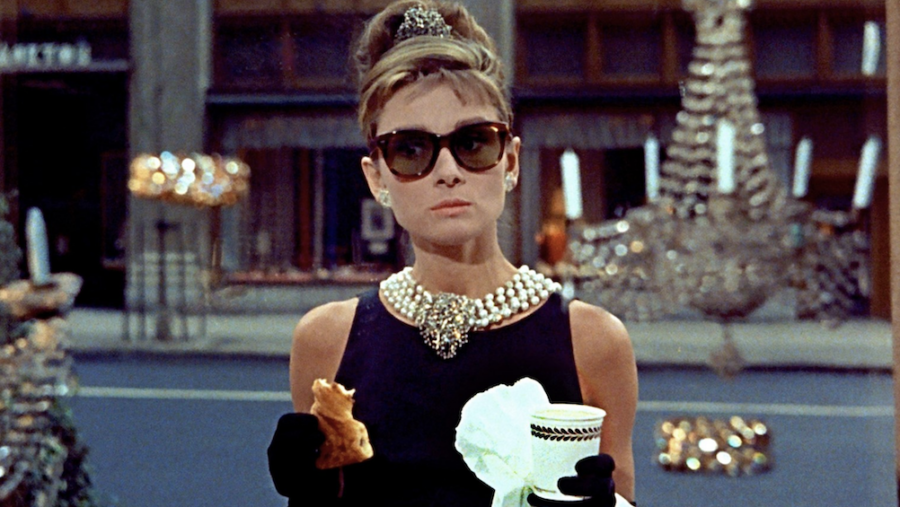
Yikes. Breakfast at Tiffany’s is a classic indeed, with Audrey Hepburn delivering her iconic performance as Holly Golightly, but it was the performance and, more importantly, the appearance of co-star Mickey Rooney that didn’t go over well when the movie premiered. And it most definitely wouldn’t work in today’s environment.
The film, which also stars George Peppard, Buddy Ebsen, Martin Balsam, and Patricia Neal, is a classic romantic comedy about a naïve society girl (Hepburn) who falls in love with a struggling writer (Peppard). Rooney appears early on as Holly’s landlord, Mr. Yunioshi, and feathers were ruffled immediately. Rooney presented his character in yellowface, with fake buck teeth, his eyes taped to give an Asian look, and spoke with a highly exaggerated accent.
If the character, as portrayed by Rooney, was considered pushing the bounds of poor taste in 1961, today’s crowd would not stand for this offensive stereotype in the least. It would probably be best to leave this film alone.
The Godfather (1972)
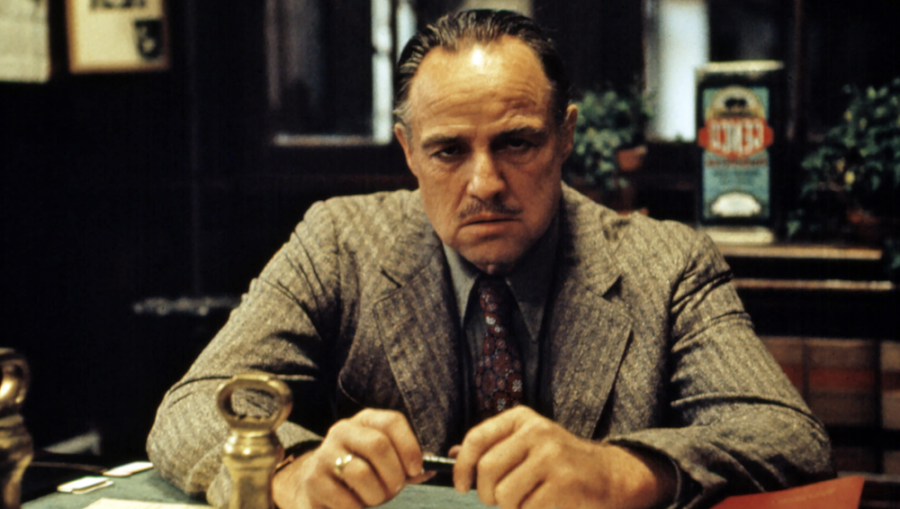
Francis Ford Coppola’s 1972 film, The Godfather, is considered a masterpiece in filmmaking and one of the best movies ever to be made. Why anyone would want to turn this movie classic into a remake would be a tough question to answer. But if this movie were made today, we aren’t sure it would be considered one of the greatest movies ever made.
Times have changed, viewpoints have changed, and today’s viewing audience is pretty much filled with those whose attention spans are limited unless, of course, it’s a Marvel movie.
The Godfather (and its sequels) were epic in nature and for long stretches, a slow boil. It told a nuanced story, gave depth, and offered performances from Marlon Brando, Al Pacino, and the rest that was subdued yet intense at the same time.
But it also made the Corleone mafia family appear to be heroes in a way and this glorification of the mafia family might not translate well today. It is a classic for a reason and today’s sensibilities would probably deliver an end result that would look nothing like the 1972 classic.
Psycho (1960)
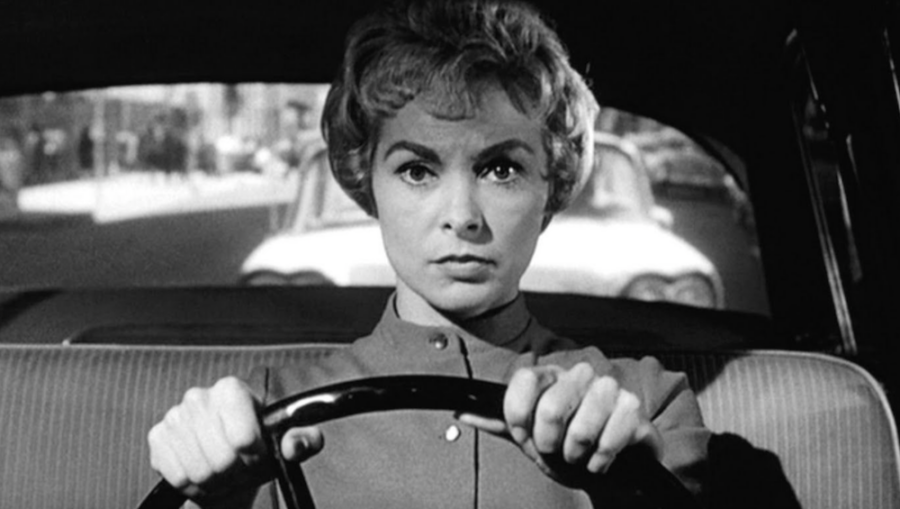
Alfred Hitchcock’s 1960 classic horror film is a perfect example of what could happen if it were given the classic movie remake treatment. You may not realize it, but the film went in front of the camera again in the 1998 Gus Van Sant version. What worked for Hitch in 1960 did not translate well in 1998 and most certainly wouldn’t work in 2023.
The original starred Anthony Perkins as Norman Bates, everyone’s favorite serial killer, and Janet Leigh as Marion Crane, a woman who, while showering, meets the wrong end of a butcher knife time and again.
Hitchcock knew pacing and camera angles and everything that would work for a 1960s audience, while Van Sant (a good filmmaker), did everything he could to bring a shot-for-shot remake to the big screen. It failed.
The remake starred Vince Vaughn as Norman Bates and right there things didn’t seem right. Although it did have its effective moments, taking a classic movie and giving it a glossy remake just didn’t work. To make matters even worse for Van Sant, he chose to film the movie in color. Hitchcock’s was a black-and-white classic.
Now, if this film were to come out in today’s market, with the over-saturation of violence, blood, and gore seen in most contemporary horror films, Psycho would pale in comparison. The shower scene may work for some, but the rest of the film offers but one other killing besides Marion Crane, so the movie would be hard-pressed to keep an audience’s attention. Not even the “shocking” conclusion would be enough for modern audiences.
Breakfast Club (1985)
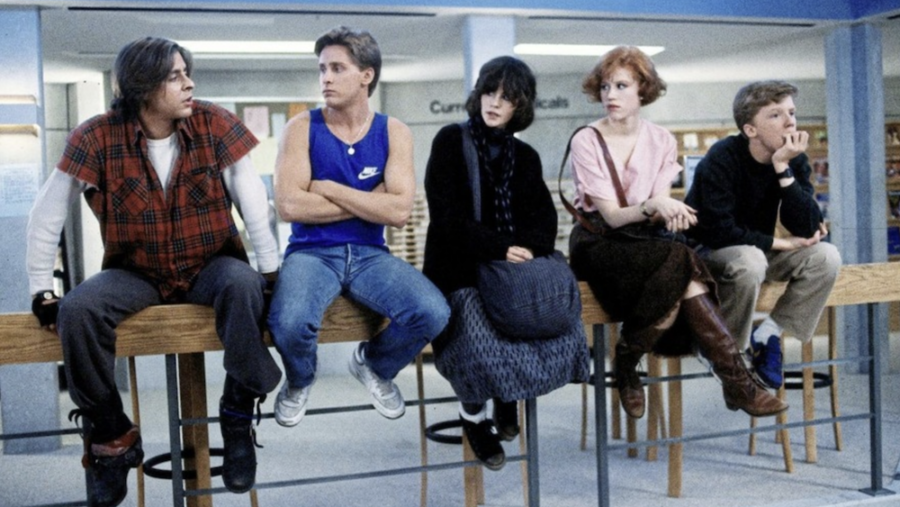
Could this classic coming-of-age teenage dramedy work with today’s crowd? The 1985 John Hughes film made bigger stars of Emilio Estevez, Anthony Michael Hall, Judd Nelson, Molly Ringwald, and Ally Sheedy, but that right there would be the first issue if they were to give this a classic movie remake treatment. Not even remotely enough diversity in the cast.
No, this film, as is, could not be made in today’s landscape, as the trouble teens faced back in 1985 are not the same troubles teens face today. Gender, race, sexuality, and inclusivity would need to be addressed, which is something the 1985 classic did not.

